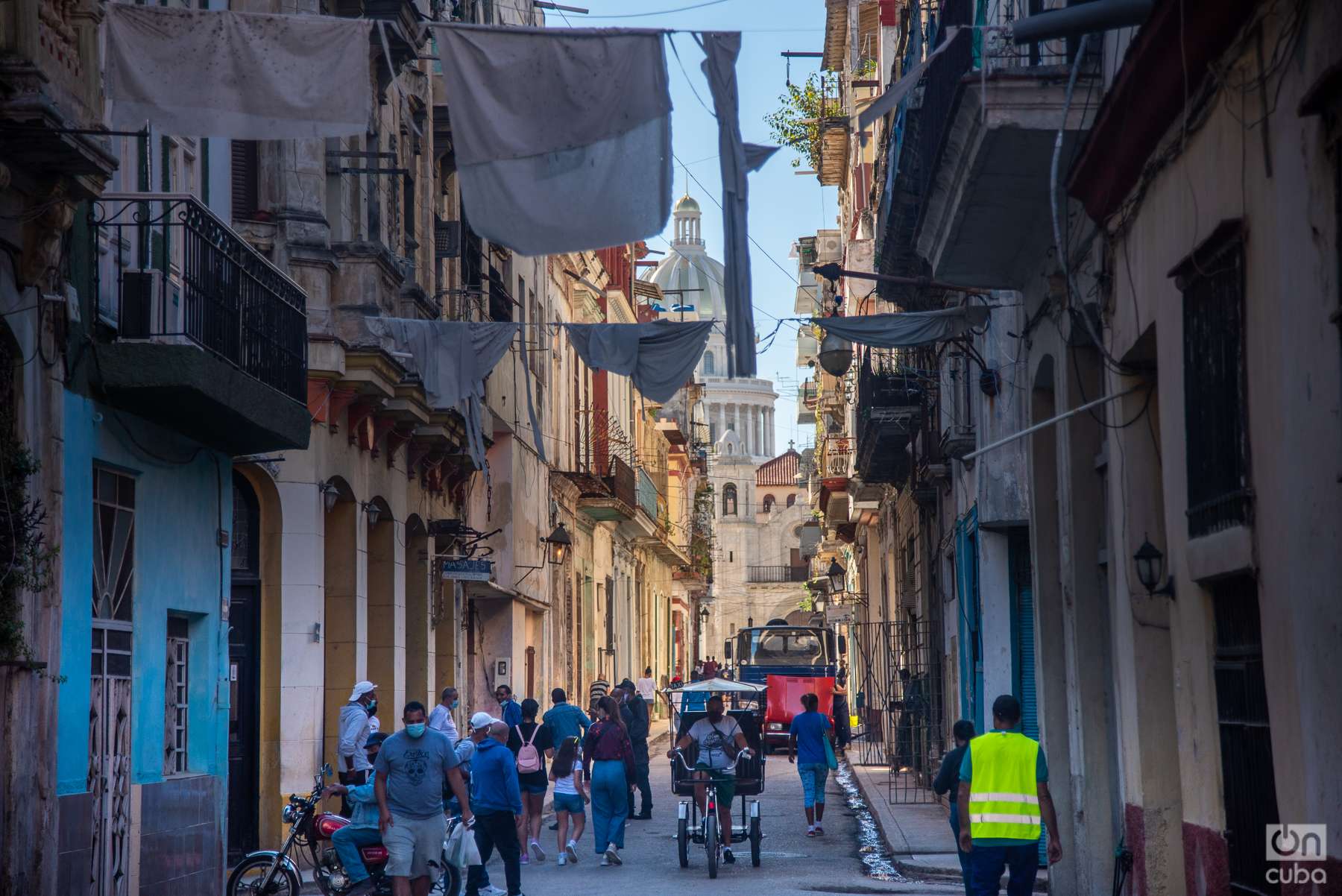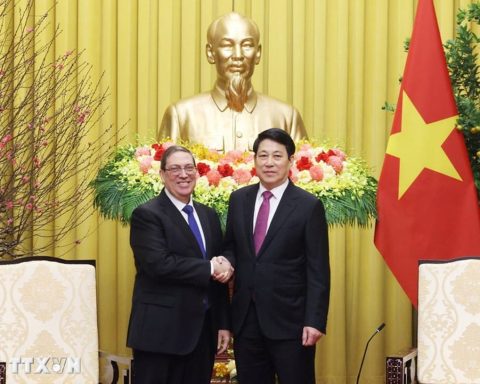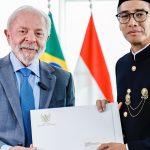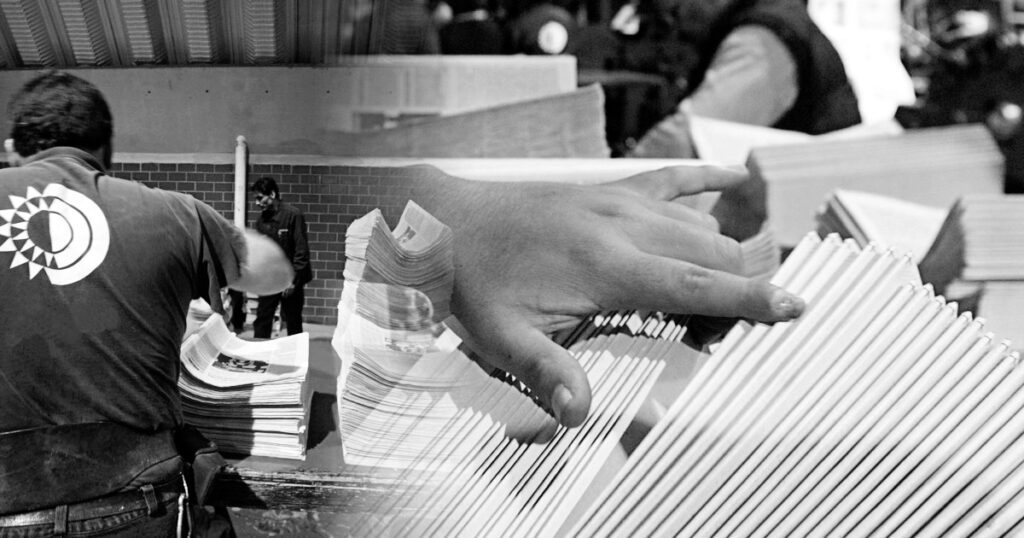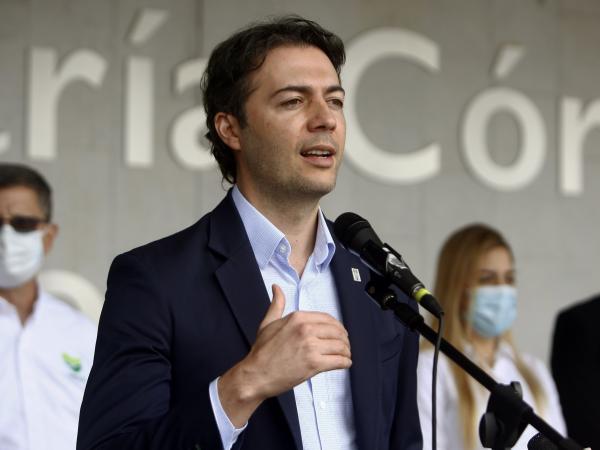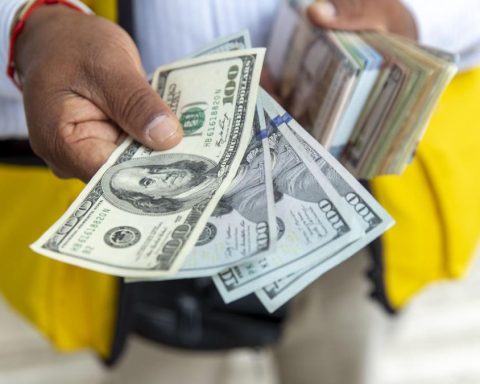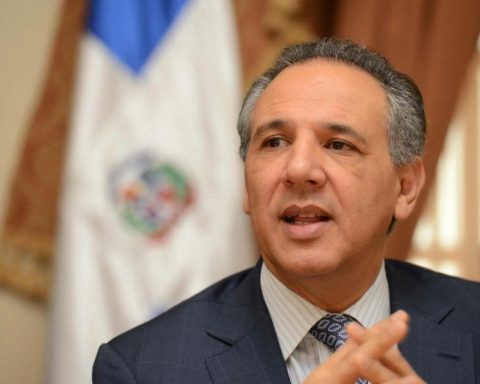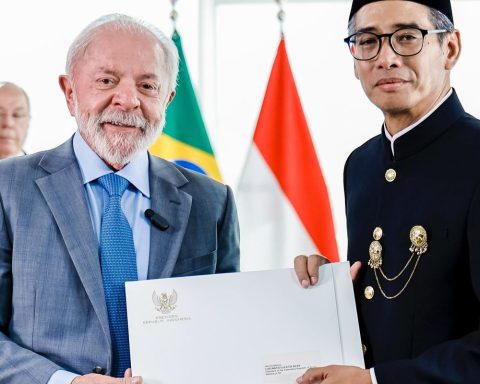Last September, President Joe Biden renewed the US trade embargo against Cuba, thus extending the sanctions regime to 62 years. What acknowledged Under Secretary of State Roberta Jacobson in 2015, the policy is “tougher than in many other countries around the world over the years.” Cuba has been under US sanctions for more than half of its existence as an independent nation. Established in 1960, the policy was left adrift meaninglessly as a recurring motif in the history of thirteen presidential administrations. A policy devoid of a plausible purpose and lacking in results other than increasing the deprivation circumstances in which the Cuban people face daily life.
However, those conditions of want and need should not be seen as unintended collateral consequences of sanctions. Rather, they are the purpose of sanctions. The policy is informed by a cynical logic aimed at inducing suffering and inflicting hardship as a means of deepening discontent, whereby Cubans, presumably, driven by misery and motivated by necessity, would rise up to overthrow a government that the United States you want to delete from the map.
The “only foreseeable means of alienating internal support,” insisted the Department of State already in April 1960, “it is through disenchantment and disaffection based on economic dissatisfaction and difficulties […]. All possible means should be tried to weaken the economic life of Cuba [ y] to cause famine, despair, and the overthrow of the government.” In a simple calculation of cause and effect, the president dwight eisenhower reasoned: “If they [el pueblo cubano] they are hungry, they will kick Castro out.” Regime change would come from within and from the bottom up, apparently, as the Department of Stateas “a result of internal tensions and in response to forces largely, if not wholly, not attributable to the United States.”
Sanctions designed to harm the Cuban people as a means of regime change were later recast as a just-intentioned and noble-minded policy on behalf of the best interests of the Cuban people. Support, as President Joe Biden said in 2022, the “aspirations for freedom of Cubans […] and allow the Cuban people to determine their own future.” In other words, the United States is in charge of punishing the Cuban people for their own good.
The degree to which US sanctions have or have not contributed to Cuba’s desire and need is, of course, debatable. But that the sanctions are intended to promote the need, it is not. Therein lies the tragic irony of more than sixty years of sanctions. Conditions of want and need are rarely circumstances conducive to reasoned political deliberations. An informed policy with bad intentions, deliberately designed to encourage deprivation and destitution, does not easily allow Cubans to glimpse the future in any other way than with a perspective of urgent immediacy.
A people preoccupied with subsistence issues as the primary reality of daily life, forced to expend vast amounts of time and energy to satisfy the most basic needs of daily life, is unlikely to participate in deliberations about democratic processes. A 2008 survey published by the New York Times reported that more than half of the Cubans interviewed considered economic needs to be their main concern. Less than 10% identified political liberties as the main problem facing the Island. As a Cuban colleague once suggested to me: “First needs, then democracy.”

In fact, the sanctions have contributed to Cuba’s difficulties and have added to Cuban discontent. But the desired discontent has translated less into expressions of organized disaffection than into recurring cycles of mass emigration, an irony not lost on informed observers. The sectors of the population most likely to form a political opposition are often the people most inclined to emigrate due to personal difficulties.
It is also ironic that at a time when the US national mood is darkening regarding immigration from Latin America, the policy serves to add to the problems of a people for whom emigration to the United States offers the most immediate remedy for their difficulties. During the fiscal year that ended on September 30, US authorities detained 221,000 Cubans at the southern border, an increase of 471% over the previous year, according to data from the US Customs and Border Protection Office.
But the consequences are more complicated. Sanctions like subversion produce another kind of logic. The State, any State, is not wrong in matters of national security. It is not surprising that a policy designed to encourage political protest as a means of subversion allows the Cuban government to outlaw political protest as an act of subversion. The political protest thus passes under the cloak of incitement from the fifth column, the Cubans from within considered to be at the service of regime change.
However, the authenticity of the protest as a means of expressing discontent cannot be peremptorily dismissed as an act of foreign mischief. Surely not everything is going well in Cuba. It can hardly be denied that much of what is not right can be attributed to US sanctions. Much of what is not right in Cuba can also be attributed to official policies and practices.
The Cuban people have the compelling and legitimate right to collectively express their grievances, to register their discontent and express their discontent about ill-conceived economic policies that fail to remedy deficiencies and needs, to protest the limitation of civil liberties and the violation of human rights. In short, to hold government to account for good governance. Acknowledging the dire consequences of US sanctions does not mean ignoring or dismissing the failures of the Cuban government. In fact, government policies and practices have more than adequately contributed to the hardships endured by the Cuban people.
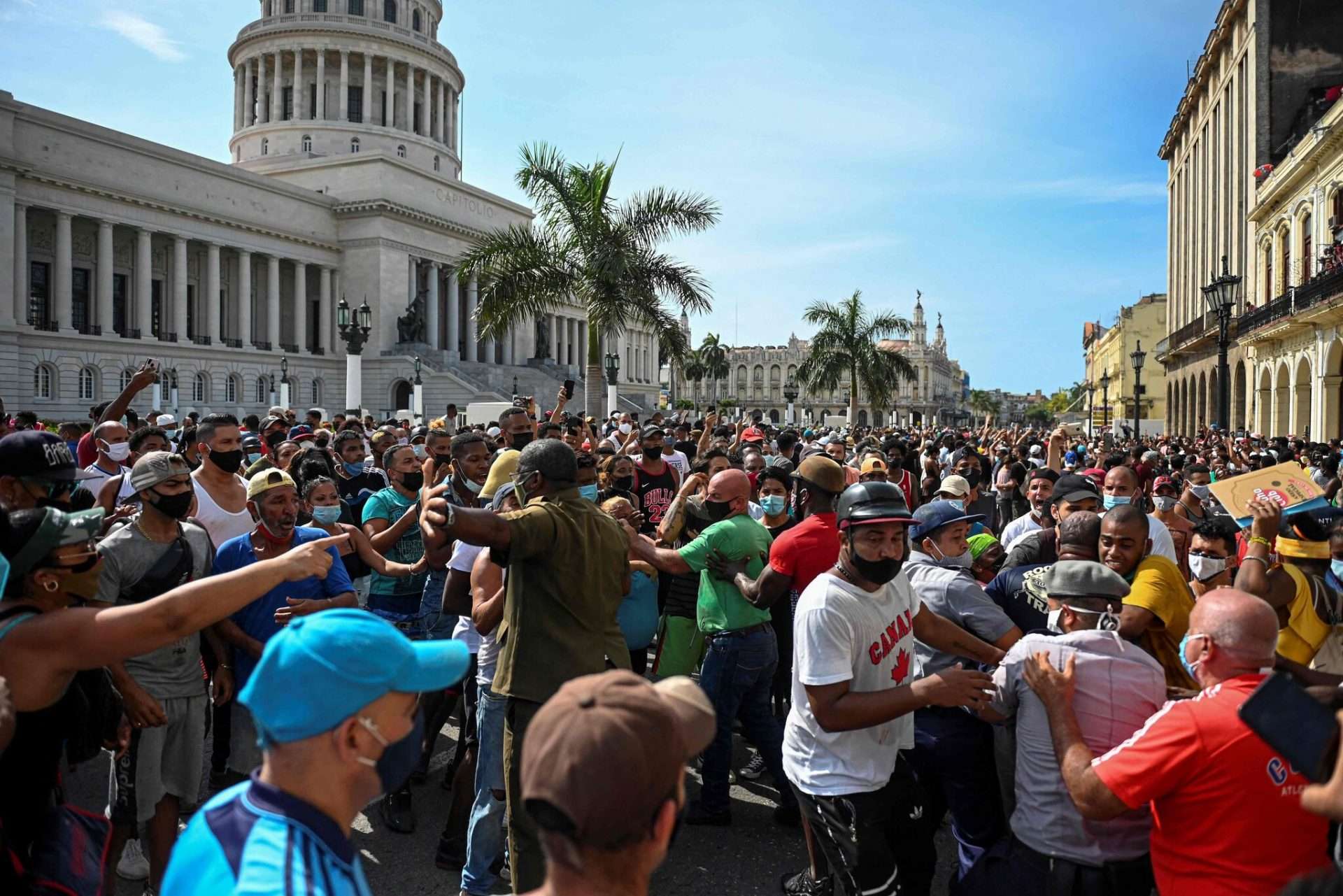
The July 2021 protests responded to a dizzying spiral of deprivation in the face of a government apparently without the political capacity to alleviate the pressing needs of daily life. Similarly, the October 2022 protests responded to the dire conditions in the aftermath of Hurricane Ian, which served to reveal the utter fragility of an aging infrastructure.
Chronic shortages of food, fuel and medicine were exacerbated by flooding, losses to agriculture and livestock, and days of widespread blackouts amid prolonged sweltering summer heat. However, they constituted conditions of sufficient urgency to prompt the Cuban government to request US aid, to which the Biden administration acknowledged that it was the subject of “ongoing talks” to assess “the humanitarian needs of the Cuban people.” On October 18 the Department of State offered Cuba two million dollars as “critical humanitarian aid” and promised to “continue to monitor and assess humanitarian needs [y] continue to look for ways to provide meaningful support to the Cuban people.”
The irony of the scene is palpable: Hurricane Ian further contributed to the deprivations and needs of Cubans, a prostrate people who are asking for humanitarian aid from the United States to alleviate the very conditions that the sanctions have dedicated themselves to creating. That is clearly the cynicism of the punitive intent of the sanctions: humanitarian support to help Cubans affected by the hurricane while continuing to induce necessity as the purpose of US policy.
In the end, perhaps the most egregious failure of the sanctions lies in their ignorance of Cuban history. Cubans have long acted as protagonists of their own history. They have repeatedly prevailed over misrule and mismanagement. They have managed their own history without outside political interference. Sanctions work to hinder and, indeed, often overburden Cuban capacities to act for a credible purpose in the name of legitimate political change.
A policy that seeks to help Cubans “determine their own future” contributes to a history with no way out, to turning that future into an unattainable time, with no remedy or solution, and a captive people in suspense.
On the other hand, it is possible to imagine that the policy of sanctions has very little to do with Cuba. Which is actually Florida’s 29 electoral votes. In this case, the sanctions on Cuba have less to do with regime change in Cuba than with means to change the regime in the United States.
__________________________________________________________________________________________________________________
Grades:
Translation: Alfredo Prieto.
Louis A. Pérez, Jr. is the J. Carlyle Sitterson Professor of History and Director of the Institute for the Study of the Americas at the University of North Carolina at Chapel Hill. His most recent book is Rice in the Time of Sugar: The Political Economy of Food in Cuba (2019).
*This text, originally published in NACLA, is reproduced in OnCuba with the permission of its author.
